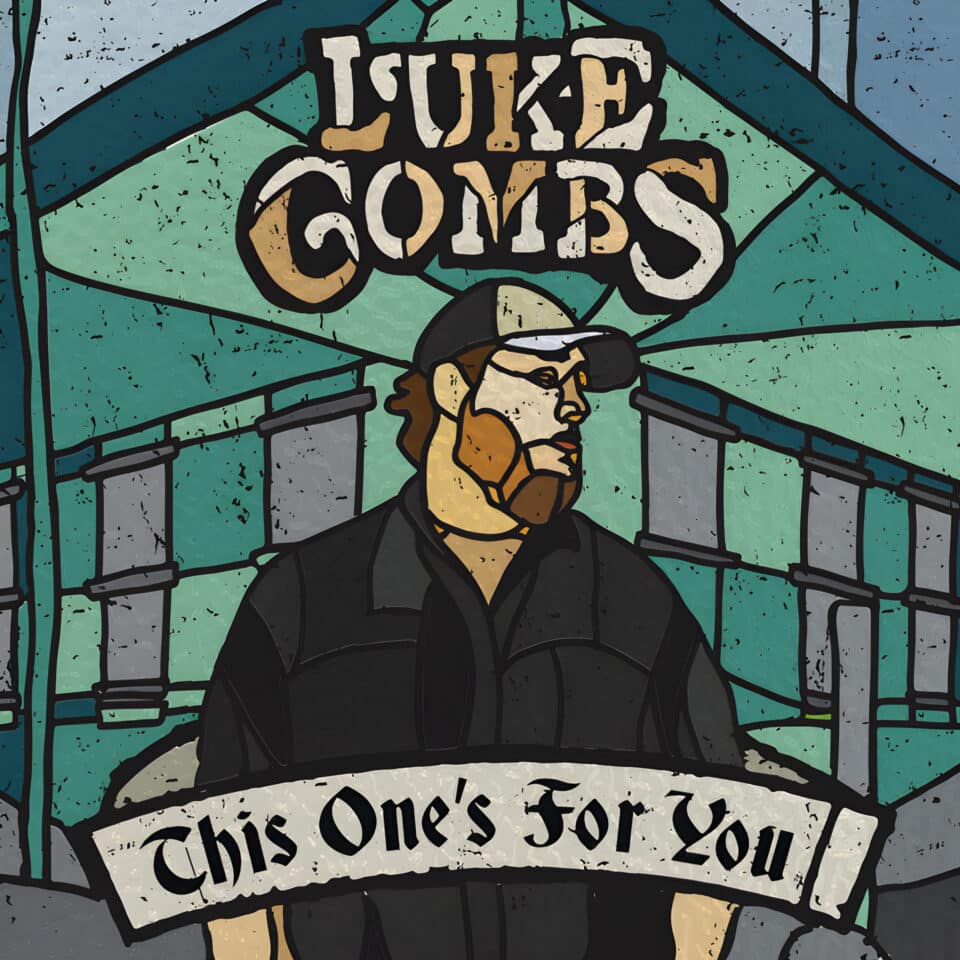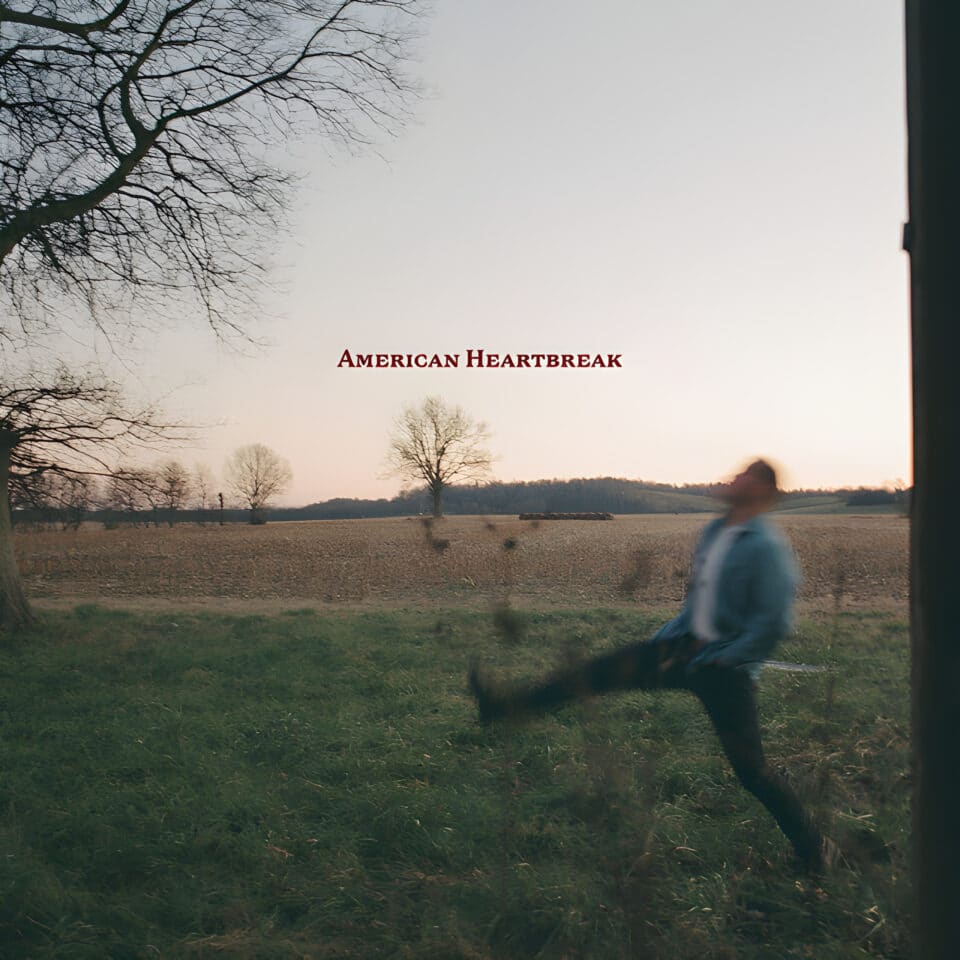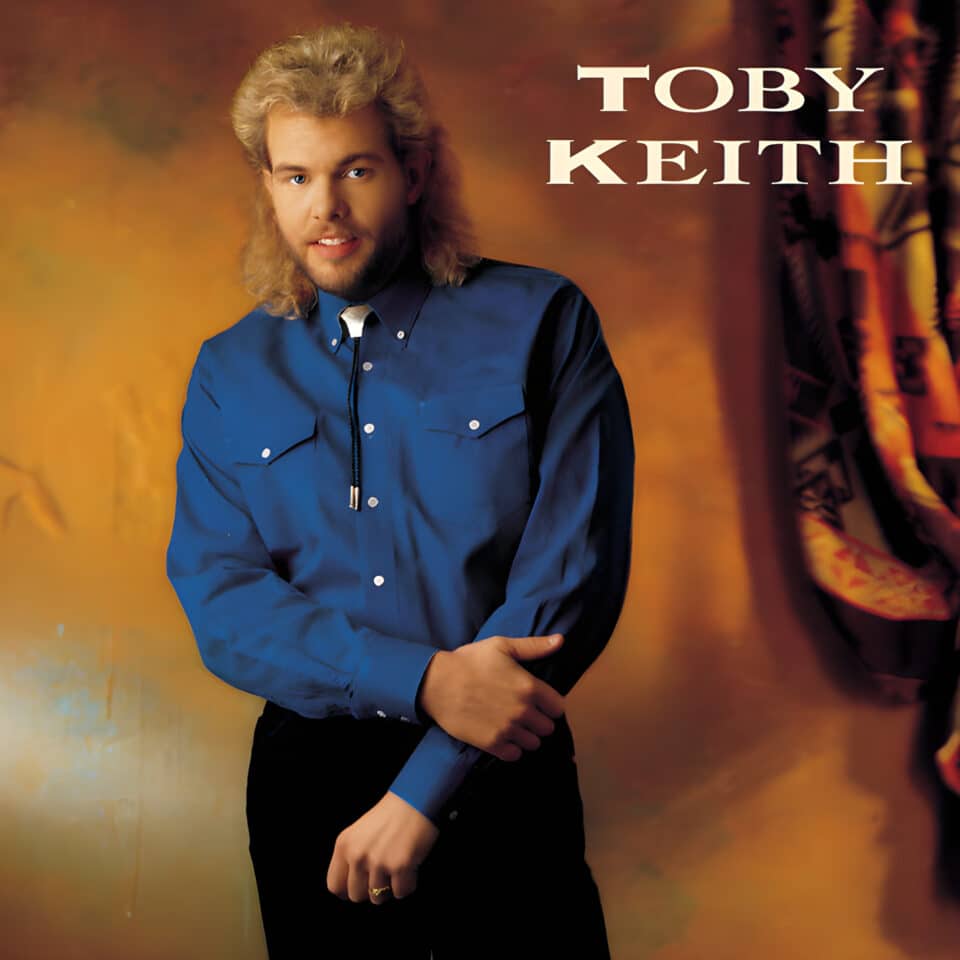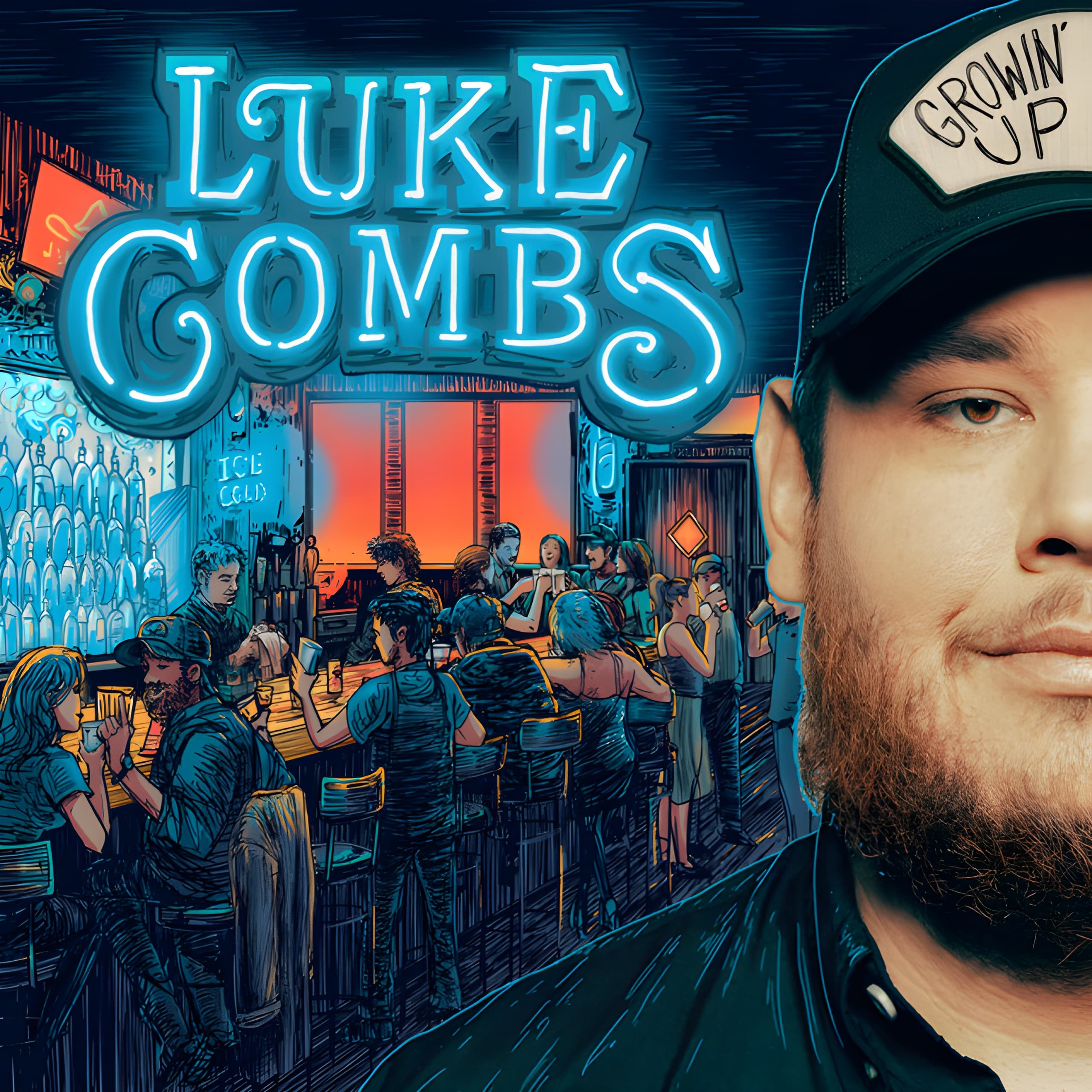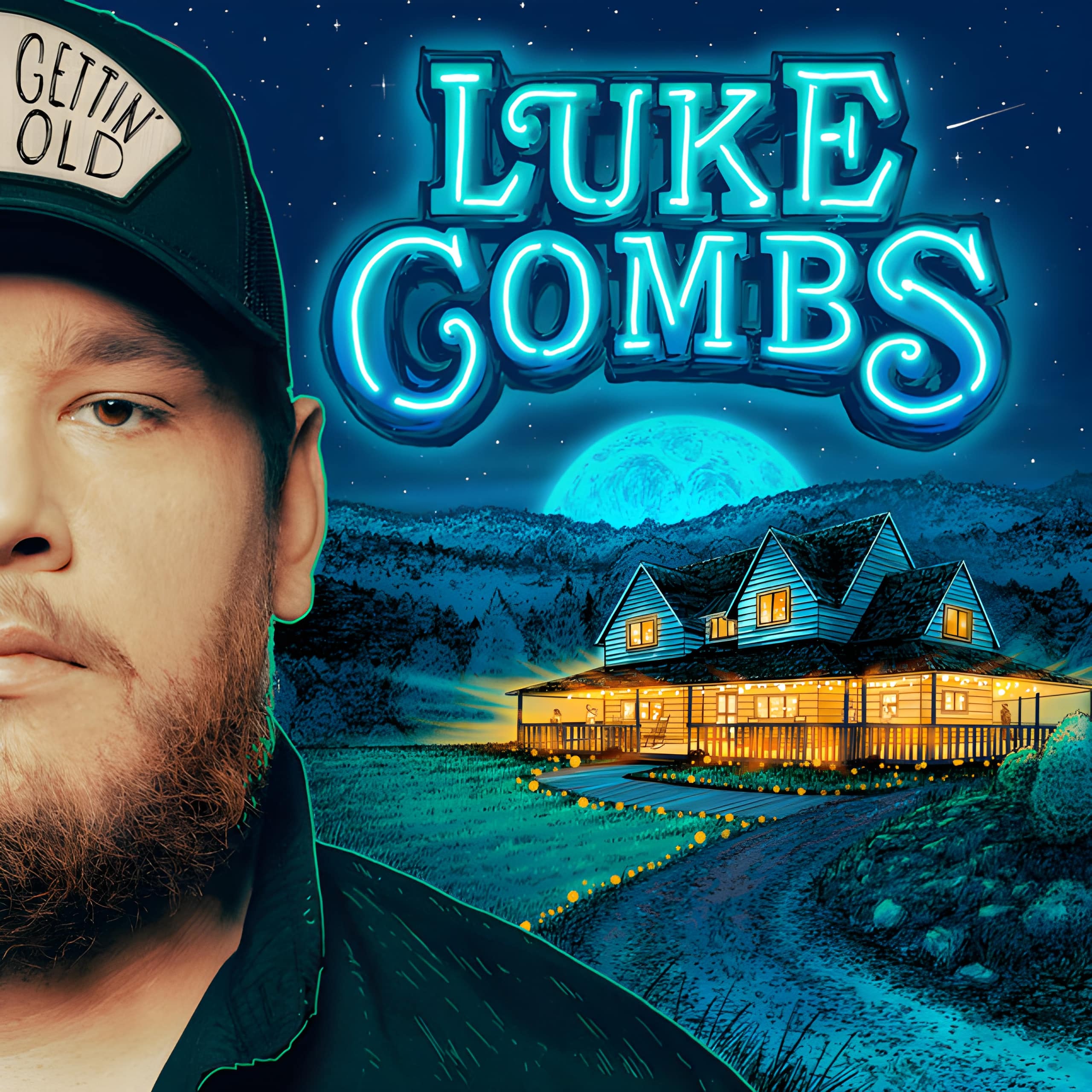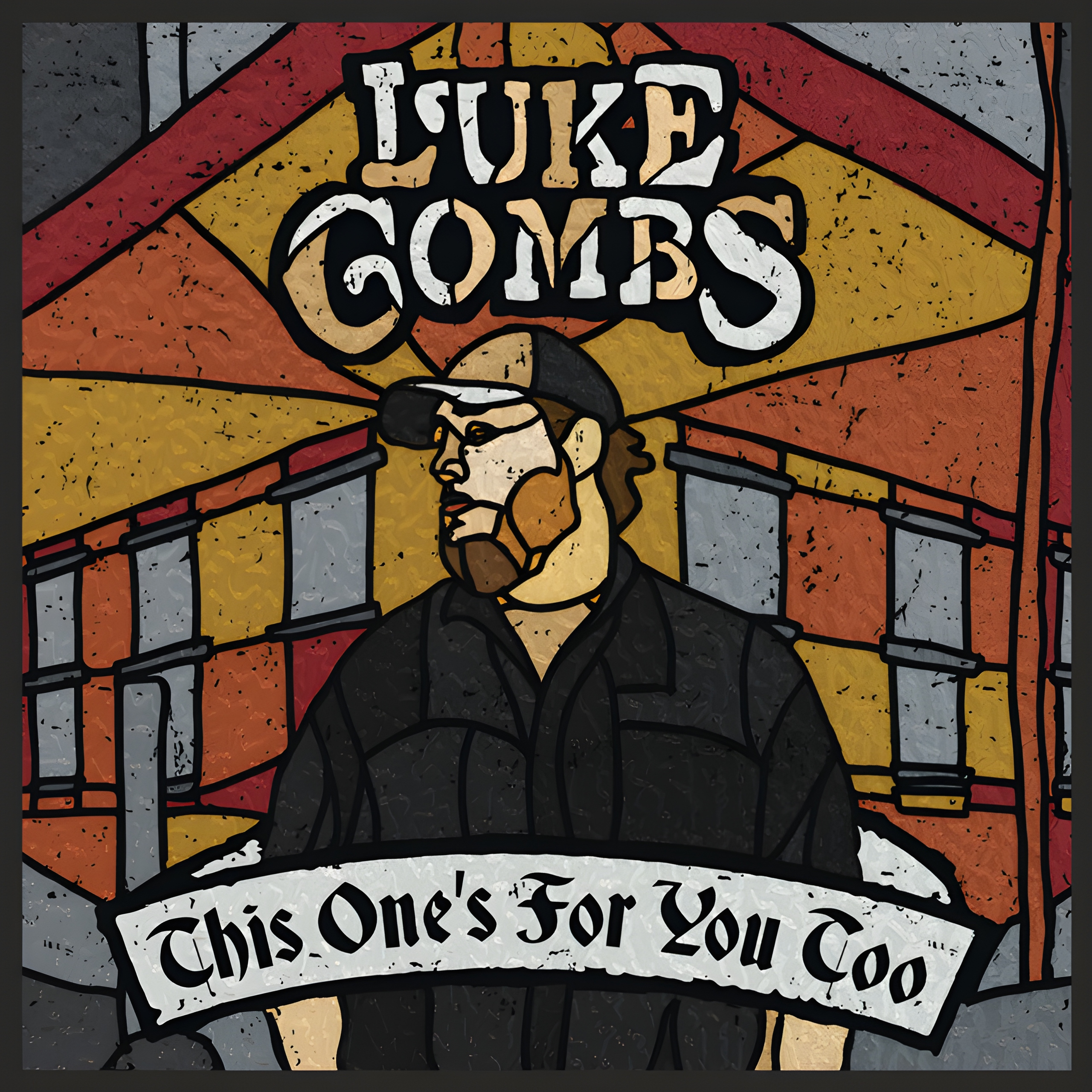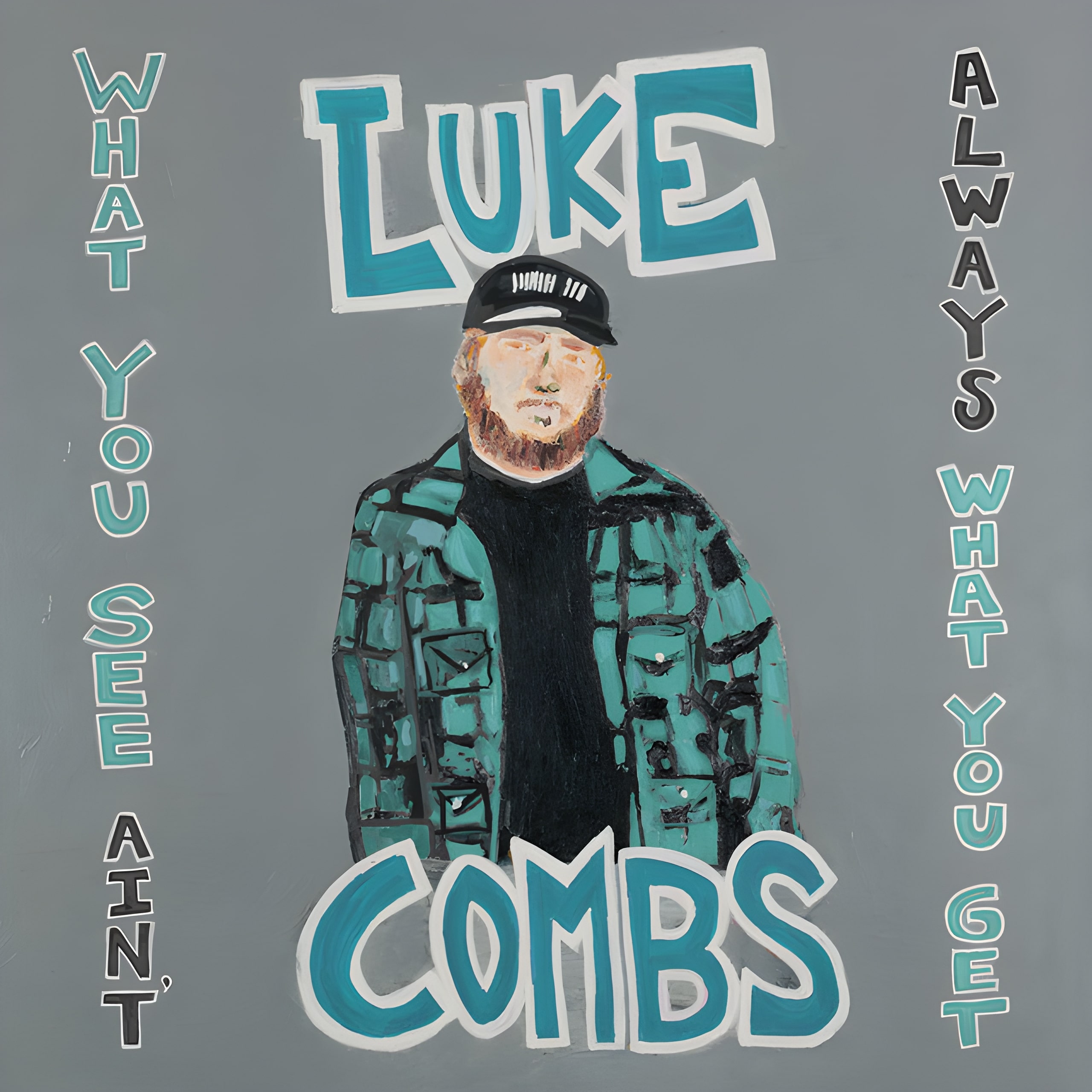Released: 2017
“One Number Away” by Luke Combs spins a tale of regret and longing that’s as familiar as an old leather jacket but punches the heart with fresh intensity. This song isn’t just about missing someone; it’s about being on the verge of reaching out but being held back by pride, fear, and maybe a pinch of hope. Combs captures the ache of longing wrapped in the cloak of isolation, making it a country ballad that resonates deeply with anyone who’s ever thought about dialing that one number.
The song kicks off with a narrator asking if you’ve ever been alone, trying to distract yourself from the silence with anything that might make the time pass a bit easier. Maybe you’ve been “staring a hole through your phone,” hoping it’ll light up with a call or a message from that special someone you’re trying to forget but miserably failing. Combs paints a picture of nightly solitude where even the most mundane activities are shadowed by the absence of a loved one. The mention of “playing some Mayer” could be a nod to the soothing, melancholic tunes of John Mayer, a common refuge for aching hearts.
As Combs moves through the chorus, the raw emotion kicks up a notch. He reveals his internal battle, confessing “I said I was through, but I’m dying, inside.” It’s a moment of vulnerability that’s strikingly honest. The chorus becomes a confessional, admitting that despite all efforts to move on, he’s just a dial away from falling back into old patterns. It hints at the universal struggle of wanting to let go but not knowing how to or not being ready to face the loneliness that might follow.
In the second verse, Combs continues to explore the theme of trying to escape the memories that haunt him. Lighting a Marlboro Light, changing radio stations to avoid songs that bring back memories, are all too relatable actions for anyone who’s tried to outrun the ghost of a past relationship. Yet, these attempts are futile, as even the most insignificant things keep dragging him back to what he’s trying to escape. This struggle signifies how deeply intertwined lives become and how difficult it is to separate oneself from a shared past.
The bridge raises the stakes with a simple, heart-wrenching question: “Will you pick up when I call?” It’s the gamble of reaching out, of potentially reopening old wounds or perhaps finding a way to heal. Combs captures the gamble of exposing one’s vulnerabilities for the chance to reconnect, even if it’s just to hear the other person’s voice. The song concludes without telling us whether the call was ever made, leaving the listeners hanging on the brink of decision, much like the narrator.
In essence, “One Number Away” isn’t just about the urge to contact an ex; it’s a deeper dive into the emotional turmoil that comes with separation and the human condition’s intrinsic hope for reconciliation. Combs has masterfully turned a moment of personal desperation into a universal narrative of love, loss, and the lingering hope that maybe, just maybe, we’re still one number away from making everything right.
